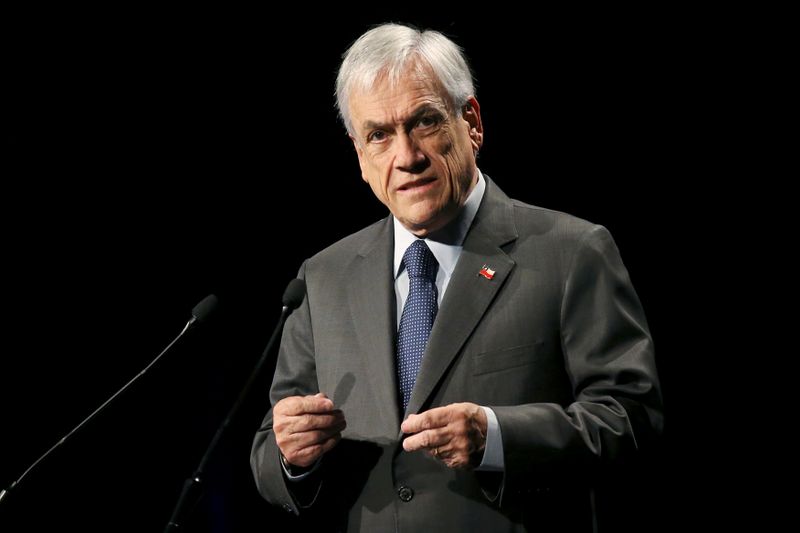By Marco Aquino, Daniela Desantis and Dave Sherwood
LIMA/ASUNCION/SANTIAGO (Reuters) - Peru's government deployed masked military personnel to block major roads in Lima on Monday, while police restricted the movement of people, as the country rolled out a state of enforced "social isolation" to slow the spread of coronavirus.
In nearby Paraguay, which has eight cases of the respiratory disease so far, the government said it would enforce a quasi curfew from 8 p.m. daily to restrict crowds, with police empowered to make arrests and prosecute those who did not comply.
The crisis has prompted the region, on the latter end of the global curve to be affected by the highly contagious virus, to lock down borders and shutter schools.
"It is not a curfew, but it is the closest thing," Paraguay Interior Minister Euclides Acevedo said at a news conference. "What does that mean? That the right of movement is going to be restricted with the aim of being drastic regarding quarantine."
Certain people, including those doing vital work, delivering food or transportation could continue to move around, he added.
Countries around South America, including Argentina and Chile, are closing their borders to non-residents amid fears the virus could take hold in the region in the same way it has in parts of Asia and Europe.
Chilean President Sebastian Pinera said on Monday his country, which has 155 confirmed coronavirus cases, would close its borders to foreigners starting on Wednesday.
In Lima, troops wearing helmets and carrying weapons, stationed themselves on the Paseo de la República avenue, a key artery into the city center, to stop vehicles, with police officers only allowing emergency and medical vehicles through.
Peruvian President Martín Vizcarra on Sunday night announced a 15-day state of emergency amid the total closure of the country's border. Peru has 86 confirmed cases.
The copper producer has suspended constitutional rights such as free movement and assembly, though the government has assured it will guarantee the operation of supermarkets, pharmacies, banks, basic services and the transport of merchandise.
"We have to halt things to avoid the exponential curve of the coronavirus," Peruvian Defense Minister Walter Martos told local TV station América Televisión.
Leaders of countries around the region, including from Argentina, Chile, Peru, Uruguay, Paraguay, Bolivia, Colombia, Ecuador and Brazil, held a conference call on Monday to analyze the situation and coordinate actions against the virus.
